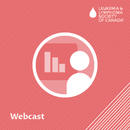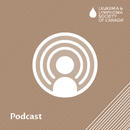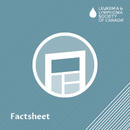Resource Library
Showing 31 to 40 of 201 results
As a result of cancer and its treatment,people touched by a blood cancer can experience some degree of fatigue and brain fog. In this presentation, Kendra Woloshyn, RN, Cross Cancer Institute, Edmonton, will talk about the two big F words in cancer care along with how to manage fatigue in day-to-day life and self-management techniques to improve brain fog.
Being diagnosed with a blood cancer can put your life goals on hold and cause worry. While your focus is on your cancer treatment, you should not neglect your emotional, psychological, and social well-being. Dr. Michael Mackenzie, counsellor, PhD, demystifies t feelings , talks about tself-care, and identifies the right time to seek professional help.
Research has shown that people with a particular faith or spiritual belief often have hope, peace and a better quality of life. The spiritual dimensions of the cancer experience go far beyond religious practice or personal belief. Join David Maginley, spiritual care practitioner, to explore ways to express your spirituality in day-to-day living.
People affected by a blood cancer are frequently immunosuppressed and at risk for a wide range of infections, due to treatments. Lots of things can be done to reduce risk of infection. Summer Pham, RN, focuses on ways to prevent infections and stay healthy during blood cancer treatment.
Dr. Rena Buckstein from Odette Cancer Centre in Toronto shares the basics of myelodysplastic syndromes (MDS) diagnosis, treatment, and side effects.
Mayra Husic shares her experience with Follicular Lymphoma.
Dr. Philip Kuruvilla talks to us about current chronic lymphocytic leukemia (CLL) treatment options, potential side effects and how to manage them.
Learn about NHL, how it is diagnosed, an overview of treatments and what happens next
Peripheral neuropathy happens when there is damage to the nerves of the peripheral nervous system. It can be caused by the treatment of blood cancer or the disease.
When you have diarrhea or constipation, it may be difficult to eat and drink enough. Getting good nutrition and staying hydrated are important for your health, energy, and quality of life.


